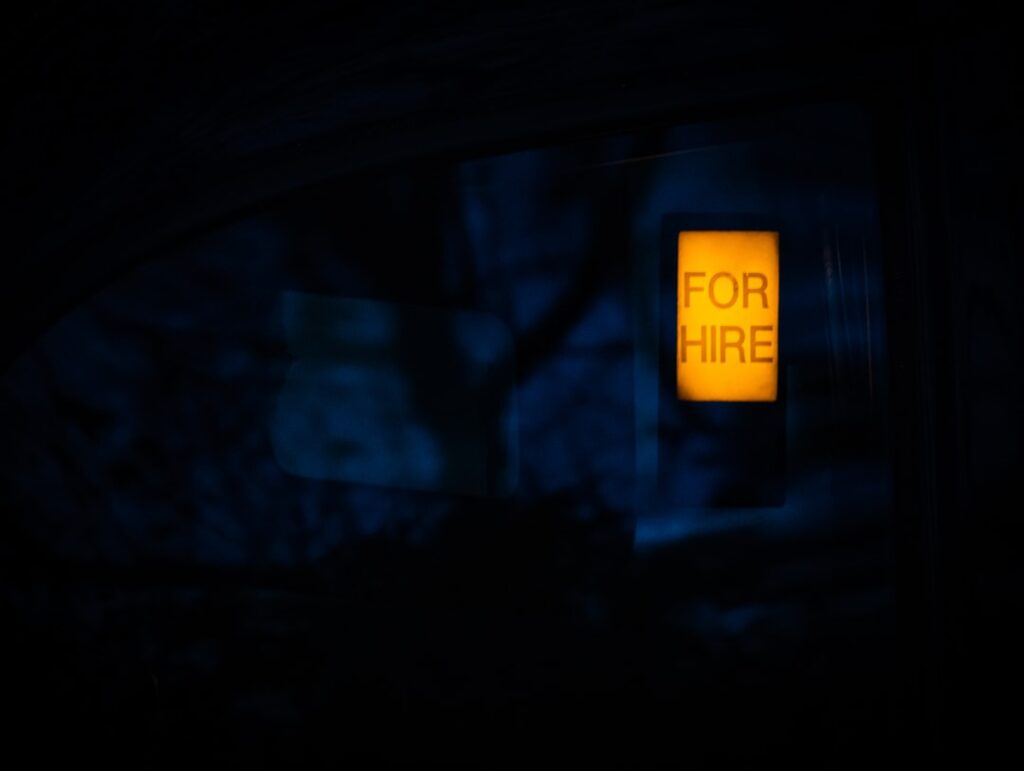In California, the Employment Development Department (EDD) is a state organization that offers a range of services to both employers and employees. Unemployment insurance, which gives money to employees who lose their jobs for no other reason than their own, is one of the main services provided by the EDD. EDD benefits, commonly referred to as unemployment insurance, are intended to assist people in meeting their basic needs while they look for new job opportunities. For workers who find themselves unexpectedly jobless, unemployment benefits are an essential safety net.
These benefits can give people and families some financial stability while they try to get back on their feet and help them get by during a trying period. Anyone who may find themselves in this situation needs to be aware of the eligibility requirements and the steps involved in filing for EDD benefits after being fired. A person must fulfill specific requirements as stated by the EDD in order to be qualified for benefits. In general, a person must have lost their job due to no fault of their own, be able & available to work, and be actively looking for new employment in order to be eligible for unemployment benefits.
Moreover, in order to prove a claim, people need to have made a sufficient amount of money during a certain time frame called the base period. It’s crucial to remember that not every employee qualifies for EDD benefits. For instance, self-employed people and independent contractors usually aren’t eligible for unemployment benefits. Also, people who voluntarily quit their jobs without cause or were fired for misbehavior might not be eligible for benefits.
Anyone thinking about applying for EDD benefits after being fired should be aware of these eligibility requirements. The reason for termination is a crucial component in determining eligibility for EDD benefits following a termination. People who lost their jobs due to no fault of their own may generally be qualified for unemployment benefits.
This could apply to circumstances in which a business closes, reduces staff, or fires workers for financial reasons. As they look for new job opportunities, these people might be eligible for EDD benefits. However, people who voluntarily quit their jobs without good reason or were fired for misbehavior might not be eligible for unemployment benefits. Acts that breach the employer-employee relationship, such as insubordination or breaking company policies, are examples of misconduct. The EDD may decide in these situations that the person’s circumstances surrounding their termination preclude them from receiving benefits.
Making an initial claim with the EDD is usually the first step in the process of applying for EDD benefits after being fired. This can frequently be completed over the phone or online via the EDD website. People will be required to furnish details regarding their work history, such as their prior employer & the cause of their job termination, during the first claim procedure. Following the submission of the initial claim, the EDD will examine the attached documentation and determine the claimant’s eligibility for assistance.
People will not be able to receive benefits if their claim is denied; they will have to keep meeting new eligibility requirements. Participating in job searches & disclosing any income received while receiving benefits are two examples of this. People who have been fired and are requesting EDD benefits must submit supporting documentation. Pay stubs, W-2 forms, & other records attesting to their prior employment’s earnings may be included in this. People might also be required to furnish details regarding the circumstances surrounding their dismissal, such as any records from their employer indicating the reason for their departure from the company. It’s critical that people obtain all required supporting documentation and evidence before submitting a claim to the EDD.
Ensuring that people receive the benefits to which they are entitled can be achieved by ensuring that the claims process is completed quickly and accurately. Anybody seeking unemployment benefits after being fired must be aware of the precise paperwork and proof needed for an EDD claim. After being fired, a person has the right to appeal if their claim for EDD benefits is rejected. Requesting a hearing with an administrative law judge, who will assess the case and decide the person’s eligibility for benefits, is the standard procedure for filing an appeal.
Everyone who wants to support their claim with evidence & testimony can do so during the appeal hearing. It is crucial that people are aware of their options and rights in the event that their EDD benefits are denied. People can present a compelling case in support of their claim and navigate the appeals process with the assistance of an expert lawyer or advocate. It is essential for anyone who has been fired and feels they should be receiving unemployment benefits to know the procedures for appealing a denial of EDD benefits. For those who find themselves in this circumstance, it is imperative that they comprehend the steps involved in applying for EDD benefits following a termination.
Unemployment benefits applications can be complicated, but people can manage them by being aware of the eligibility requirements, required documentation, and appeals process. As they seek to secure new employment opportunities, people can make sure they receive the necessary financial assistance by being aware of their rights and options.



